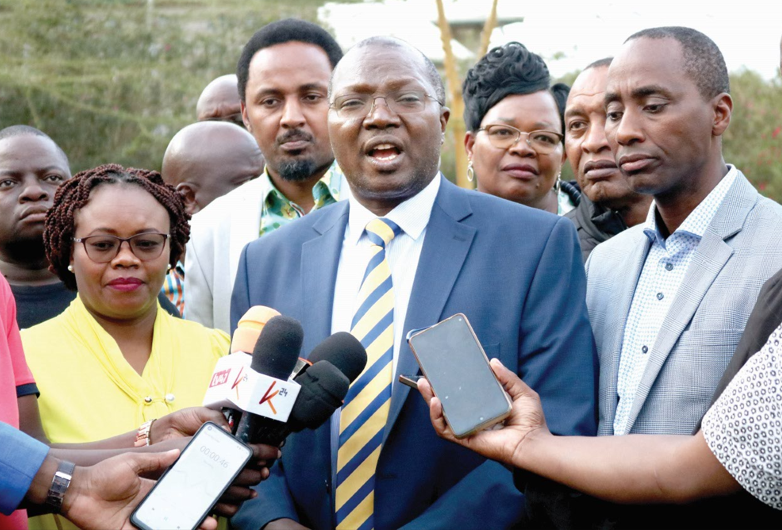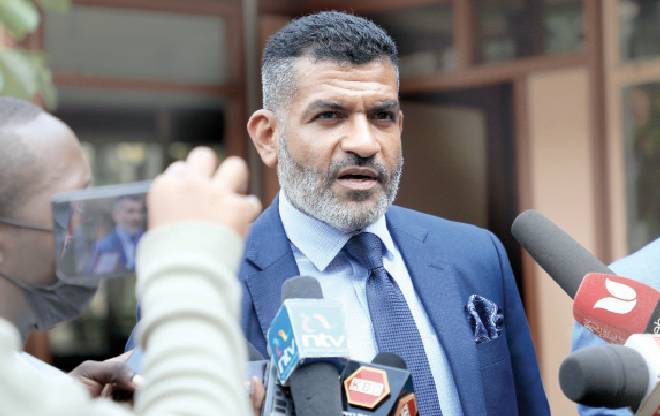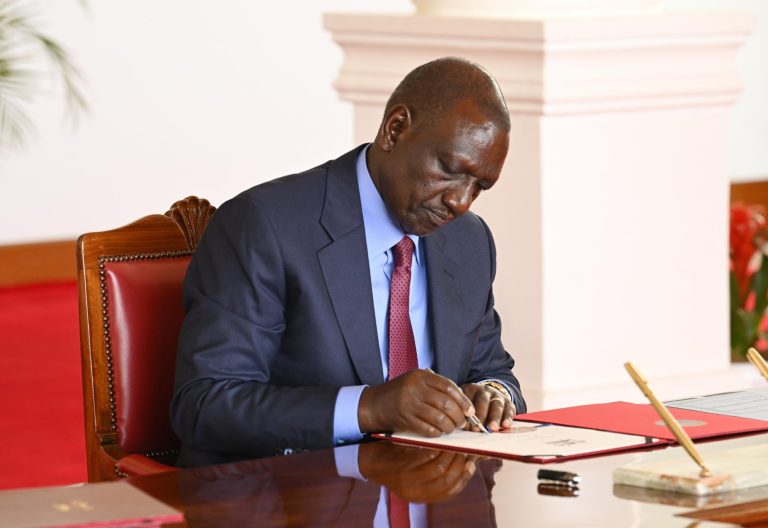Managing waste needs to be taken a notch higher

By Stephen Muli
Every morning, Francisca Mwende and two other members of New Genesis, a Community Based Organisation in Mukuru, set out into the expansive settlement in search of polythene bags.
In a day, the trio collects about 120 kilos of polythene waste from dustbins, landfills and rivers, and deliver it to Vintz Plastics, a local recycler. This has become a source of livelihood for New Genesis, enabling them to meet their basic needs.
Upon receiving this waste, Vintz takes it through a recycling process whose end products include, amongst others, basins, jerricans, water tanks and plates.
This collection of polythene waste is new and has been enabled by a subsidy programme, driven by the Kenya Producer Responsibility Organisation (Kepro).
The programme initiated by the Kenya Association of Manufacturers (KAM), is one of the ways in which local manufacturers are accelerating the growth of the recycling economy in Kenya.
Through incentives and subsidies, Kepro aims to improve the growth, efficiency and viability of the waste collection, sorting and recycling sector.
Indeed, accelerating the growth of the recycling economy in Kenya, will play a key role in addressing the waste management menace, with waste production standing at estimated 20,000 tons a day.
Unfortunately, a substantial amount of this waste goes uncollected or is poorly disposed of due to a total lack of infrastructure, inefficiencies in existing systems, and poor disposal services.
The result of this is a significant proliferation of landfills and dumpsites, as well as the burning of waste, which has negative impacts on health and air quality.
Solid waste management in Kenya is further compounded by indiscriminate littering and a lack of public awareness on waste management practices.
This lack of environmental stewardship has created a poor attitude towards waste, where it is viewed as a menace instead of an economic opportunity.
This means that we are losing out on a myriad of environmental, social and economic benefits, which will create value from waste through re-use, recycling and formalising the waste-pickers’ sector.
Benefits to be accrued from this approach include a clean environment, improved public health, production of energy and gainful employment especially for youth and women.
There are also great opportunities for innovation in effective sustainable waste management. For example, Gjenge- a social enterprise in Nairobi-is using recycled plastics to produce paving blocks, tiles and manhole covers.
On the manufacturing front, businesses driving this agenda include companies such as British America Tobacco (BAT), East Africa Breweries Limited (EABL) and Silafrica, just to name a few.
BAT, for example, has achieved a waste recycling rate of 100 per cent thus ensuring zero waste goes to landfill, while Silafrica is using recycled yoghurt cups to manufacture products like returnable crates for agricultural use.
EABL, on the other hand, has invested in the installation of biomass boilers, which will use sustainable fuel alternatives such as rice husks, thus reducing the company’s carbon emissions by 95 per cent.
Nevertheless, sustainable waste management will not be successful if we do not invest in waste reduction. The World Bank projects that the urban population in developing countries will be generating 2.01 billion tons of municipal waste annually by the year 2030.
Therefore, we must rethink product design in line with a circular economy model, characterised by sustainable production and consumption.
Importantly, we must invest in waste management education and public awareness.
Finally, it will take collaboration between government, private sector and community members for this to succeed.
At Kepro, we will continue to build the capability and capacity of players in the waste value chain, to accelerate waste management from the current linear system to a sustainable circular model.
—The writer is the chairman of Recycling G4G Committee, Kepro Board















